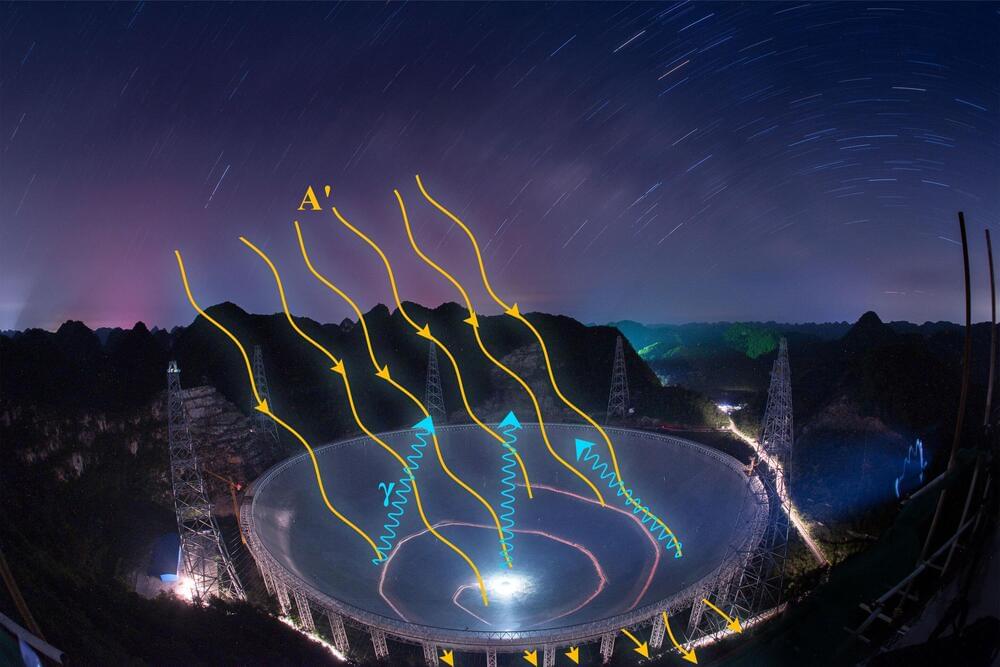Dark matter, matter in the universe that does not emit, absorb or reflect light, cannot be directly detected using conventional telescopes or other imaging technologies. Astrophysicists have thus been trying to identify alternative methods to detect dark matter for decades.
Researchers at Tsinghua University, the Purple Mountain Observatory and Peking University recently carried out a study exploring the possibility of directly detecting dark photons, prominent dark matter candidates, using radio telescopes. Their paper, published in Physical Review Letters, could inform future searches for dark photons, which are hypothetical particles that would carry a force in dark matter, similarly to how photons carry electromagnetism in normal matter.
“Our previous work studied the conversion of dark photons into photons in the solar corona,” Haipeng An, one of the researchers who carried out the study, told Phys.org.









Comments are closed.